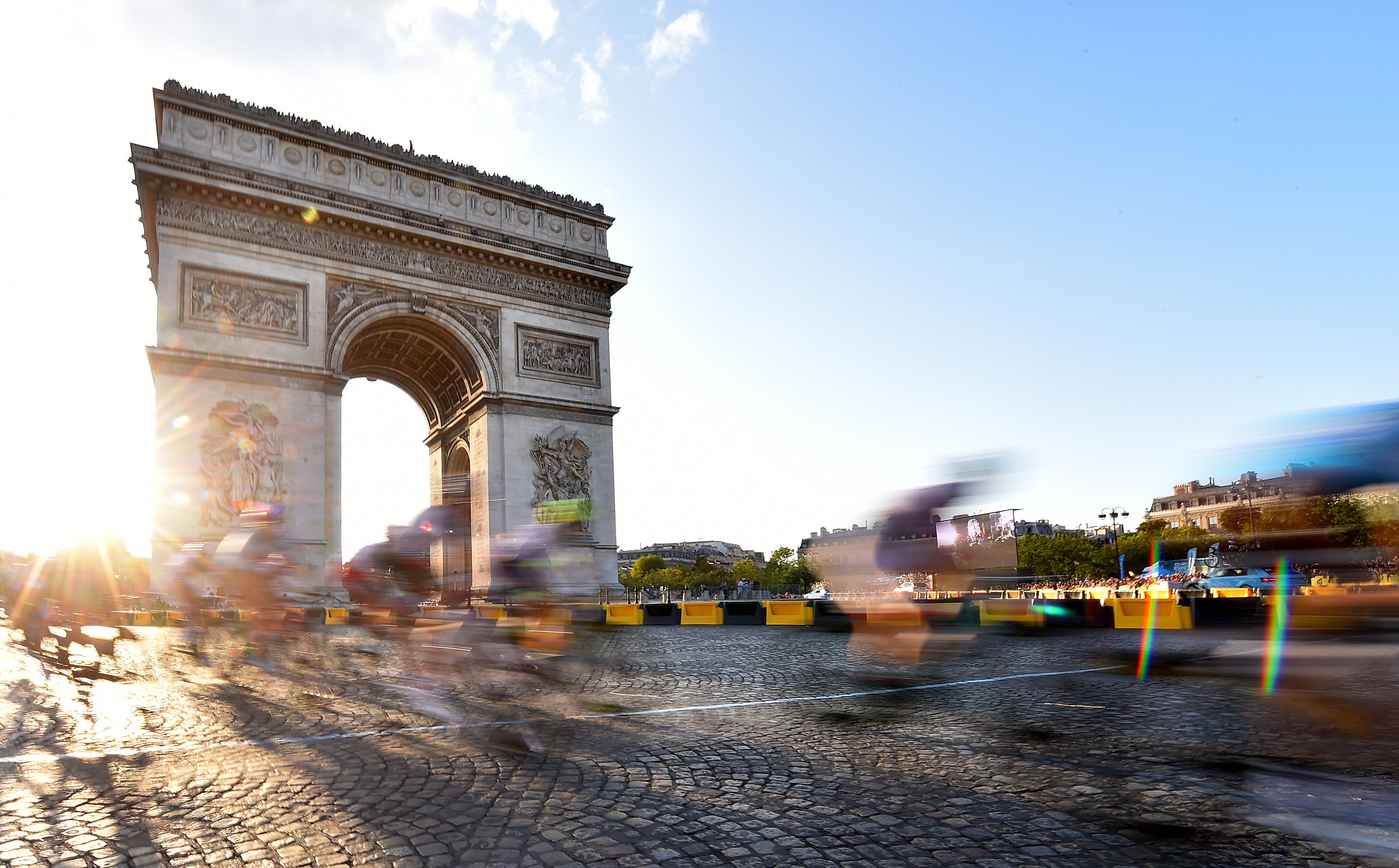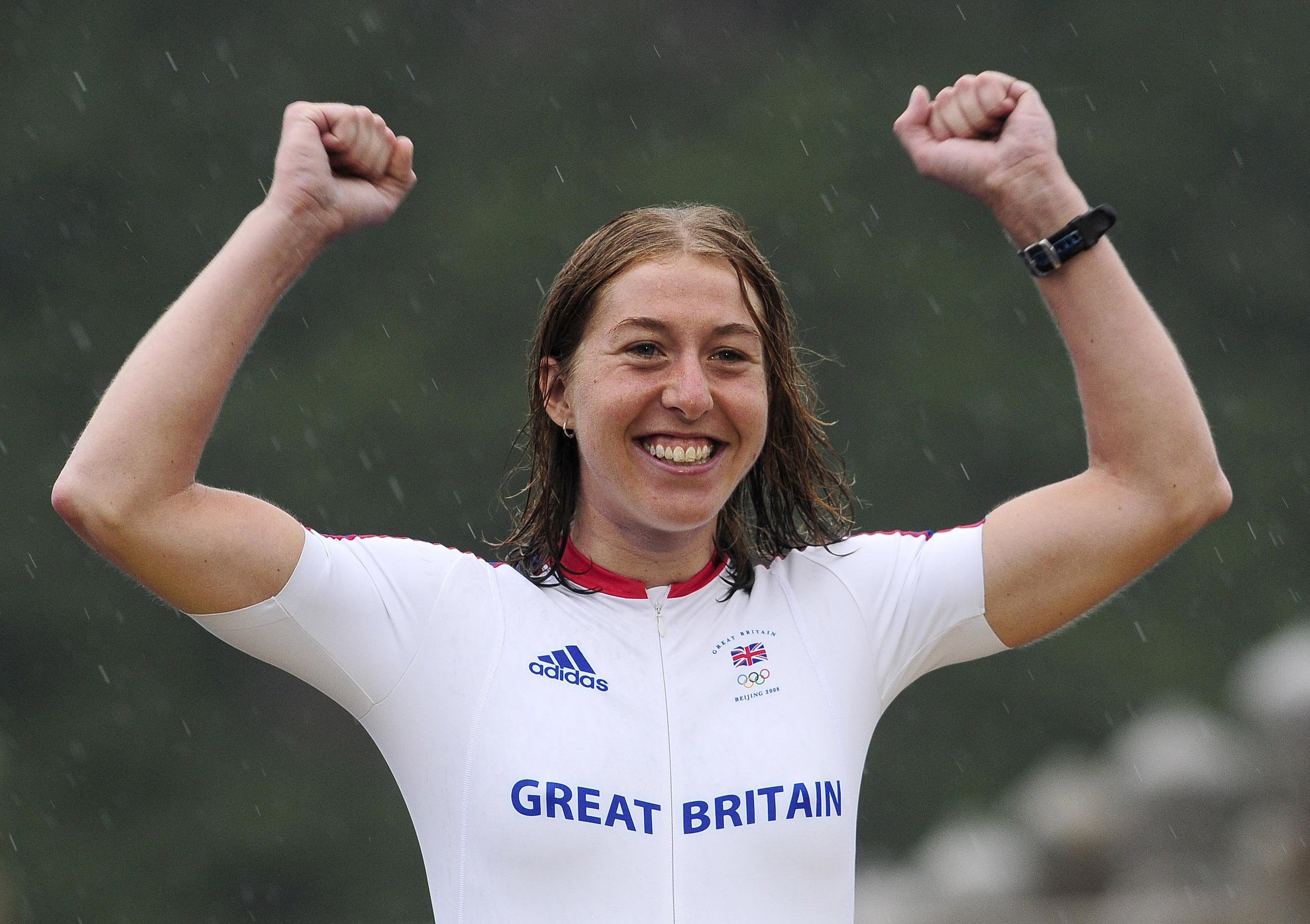‘Everyone wants it’: Tour de France Femmes hailed as big moment for cycling
A women’s edition of cycling’s biggest race has been top of the wish-list for many riders for a long time

Your support helps us to tell the story
From reproductive rights to climate change to Big Tech, The Independent is on the ground when the story is developing. Whether it's investigating the financials of Elon Musk's pro-Trump PAC or producing our latest documentary, 'The A Word', which shines a light on the American women fighting for reproductive rights, we know how important it is to parse out the facts from the messaging.
At such a critical moment in US history, we need reporters on the ground. Your donation allows us to keep sending journalists to speak to both sides of the story.
The Independent is trusted by Americans across the entire political spectrum. And unlike many other quality news outlets, we choose not to lock Americans out of our reporting and analysis with paywalls. We believe quality journalism should be available to everyone, paid for by those who can afford it.
Your support makes all the difference.After years of waiting there is less than a month left until the start of the Tour de France Femmes.
A women’s edition of cycling’s biggest race has been top of the wish-list for many riders for a long time, and it will be granted when the peloton sets off from Paris on July 24 – the final day of the men’s race – reaching a climax on La Planches des Belles Filles a week later.
There have been tokenistic attempts, not least the much criticised La Course held alongside the Tour in recent years, but it has taken until now for a proper eight-day women’s Tour to be born.
“As a cyclist people always ask you, ‘Are you doing the Tour de France?’” former British champion Alice Barnes, a rider for Canyon-SRAM, told the PA news agency. “You’d have to say no and explain it’s because there isn’t one.”
Tour organisers ASO have needed some persuading despite the gripes around La Course, but sponsorship from virtual cycling platform Zwift has pushed things forward. The company partnered with ASO on the introduction of a women’s Paris-Roubaix last season and is now behind the Tour de France Femmes.
La Course, won by Lizzie Deignan in 2020, attracted a loaded field but also plenty of complaints, too often feeling like an afterthought and failing to get proper promotion as the opportunity to capitalise on having the world’s attention during the Tour was squandered.
“La Course was great but it felt like they didn’t want to do it, that they had to do it,” Alice’s elder sister Hannah, another former British champion who rides for Uno-X, said. “I think with this, everyone wants it – the organisers, ASO, the UCI. It’s great for Zwift to step up like they have.”
La Course was not the only attempt to fill the void. Back in 1955 there was the one-off Leulliot Race, a five-stage women’s Tour won by Manx rider Millie Robinson.

In 2006 and 2007 Welshwoman Nicole Cooke won the Grande Boucle, a women’s stage race that ran from 1984 to 2009.
Initially launched in association with the men’s race, it continued as an independent event from 1989 after Tour director Jean-Marie Leblanc withdrew support, and lacked the profile and respect riders deserved.
French rider Elisabeth Chevanne-Brunel, who finished ninth in the 2000 World Championships, took part in nine editions of varying shapes and sizes, and finished sixth overall in 2005 before winning the final stage of her last race in 2006.
“The Grand Boucle was a very good experience because it was a big race with the mountains, the long stages. I saw the development of women’s cycling – except there was no media. The TV did not come,” Chevanne-Brunel said as she watched Elisa Longo-Borghini win Paris-Roubaix in April.
“To see here at the velodrome for Paris-Roubaix all the people, the media, it gives me a lot of emotion. It’s a big development for women’s cycling and I hope to see more after the Tour de France.
“It’s important the media are here to give motivation to girls in the future.”
In her day, Chevanne-Brunel rode unpaid, taking a job with the French cycling federation in order to be able to take enough time off to compete, retiring aged 30 as she could no longer afford to race.
Women’s cycling has come a long way since then, but only at the elite level, and there are still too many riders who do not receive a proper salary.
Races like the Tour de France can change that – bringing new eyes to the sport, and with them more sponsorship and more opportunities.
“It’s so exciting to have an edition of the Tour de France,” said last year’s British champion Pfeiffer Georgi of Team DSM.
“Having these high-profile events means we have a lot more views and a whole new audience to see how exciting women’s racing is.”
Join our commenting forum
Join thought-provoking conversations, follow other Independent readers and see their replies
Comments